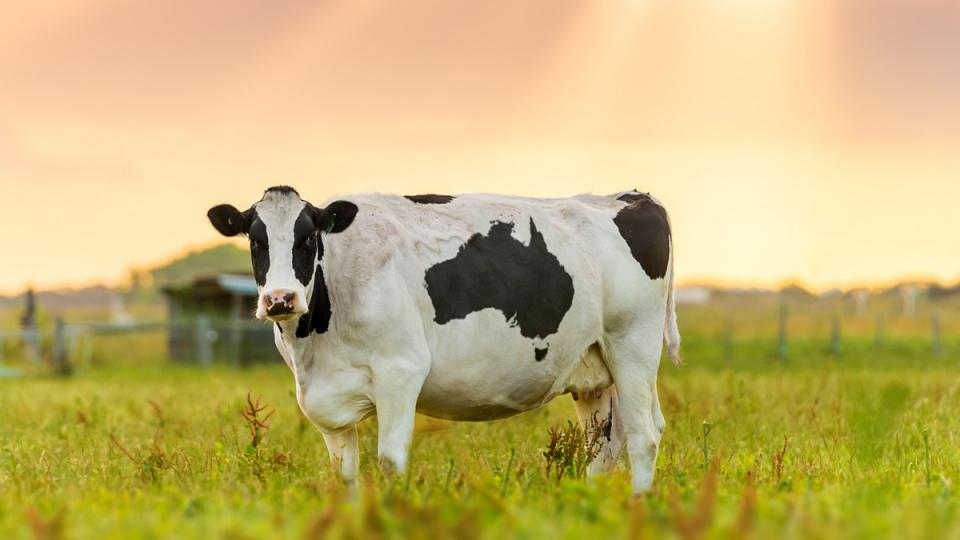Not everyone needs to become a vegetarian, much less vegan, to keep the planet from overheating, but it would surely make things easier if they did.
That’s the ambiguous and — for many on either side of this meaty issue unsatisfying conclusion of the most comprehensive report ever compiled on the link between climate change and how we feed ourselves, released Thursday by the United Nations.
The core findings are crystal clear: climate change is threatening the world’s food supply, even as the way we produce food fuels global warming.
Rising temperatures in tropical zones are starting to shrink yields, displace staple crops, and sap essential nutrients from food plants.
At the same time, the global food system — from farm to food court — accounts for at least a quarter of global greenhouse gas emissions.
With two billion more mouths to feed by mid-century, it cannot simply be scaled up without pushing Earth’s thermometer deep into the red zone, according to the Intergovernmental Panel on Climate Change (IPCC) “special report”.
More than a quarter of today’s food-related emissions come from cattle and sheep.
“Today’s IPCC report identifies the enormous impact that our dietary choices have on the environment,” commented Alan Dangour, a nutrition and global health expert at the London School of Hygiene & Tropical Medicine.
“It is clear that reducing the demand for meat in diets is an important approach to lowering the environmental impact of the food system.”
